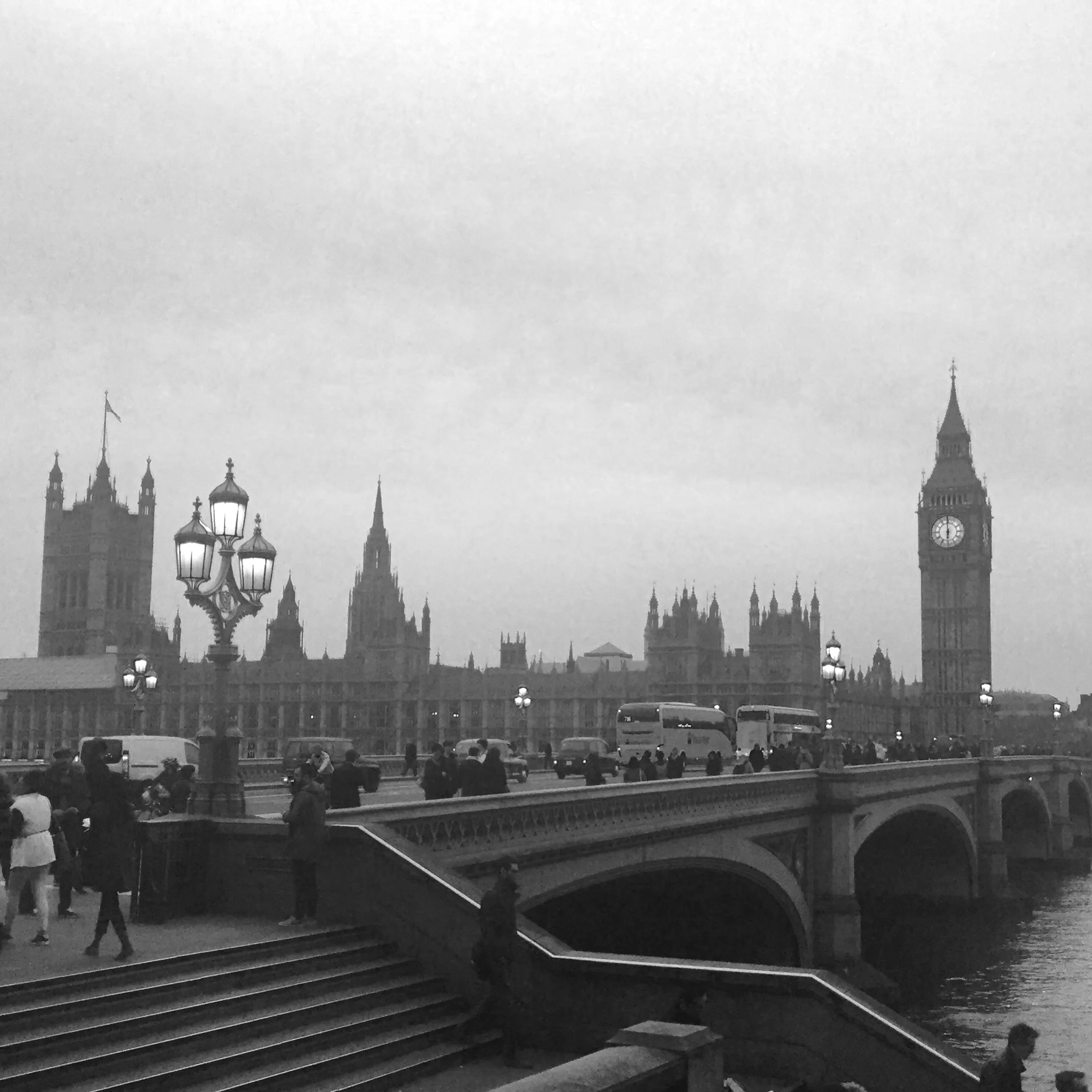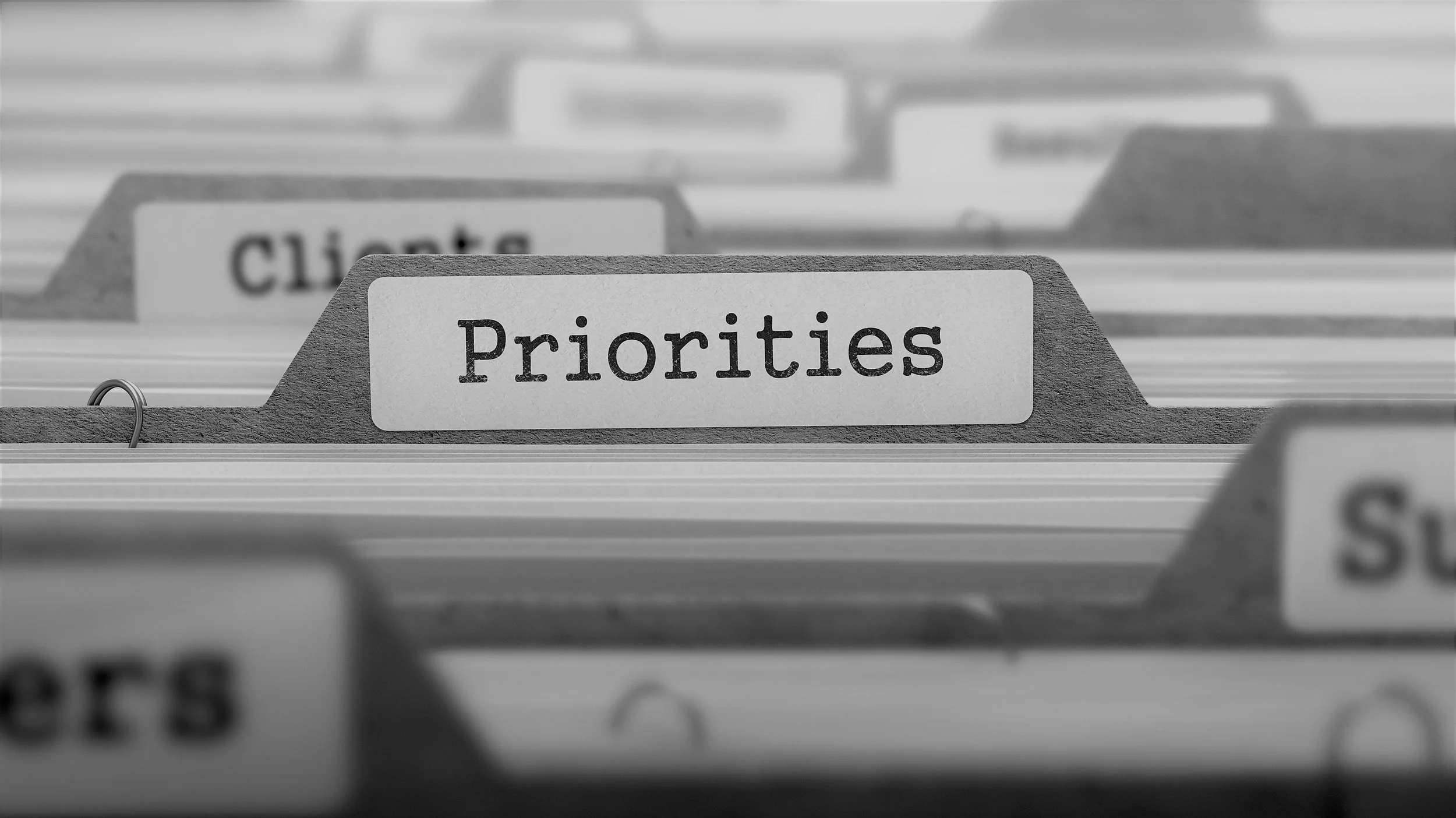In defence of influence
Most mornings, after switching on the radio, the first thing I’ll look at on my ‘phone is Instagram - it’s an easy and uplifting start to the day (depending on the mix of accounts you follow) for me it’s who has arrived where, eaten what, drank this.
This morning was a little different - a couple of people I follow had posted screen shots of Andrew Tuck’s column in the Monocle Minute. Now this isn’t their usual behavior so it spurred me on to open my inbox, locate the emailed column and see what all the fuss was about.
And there it was, a quite brutal take down of self-proclaimed “influencers”. I’ve posted the column below so read that and then I’ll return to my reaction and thoughts.
Let’s get a couple of things out of the way first. I’ve probably bought (perhaps not read) every single Monocle published - it’s a good, differentiated read. I also rate Andrew Tuck as both a writer and a broadcaster.
However, I do find his reaction against “influencers” a little hyperbolic and potentially hypocritical. By its very nature Monocle exists to entertain, educate, inspire and INFLUENCE its readership.
Like most media vehicles Monocle is financed by a number of sources - subscribers yes but also a lot of advertising - both transparent ads but also advertorials (looks like normal Monocle content but it’s brand controlled) and sponsorship - case in point look at Andrew’s column, it’s sponsored by Breitling, the watch company.
This is all normal and standard but clearly Monocle monetizes its influence and, in a previous life, I’ve sat on the other side of the table from them when they have been pitching that influence.
Beyond that straight forward financial transaction - advertiser pays cash for advertisement - “contra” can also be a key part of the relationship - an airline may advertise and pay for that but also agree to a certain number of upgrades for the magazine staff. I have no idea if this happens at Monocle but it’s commonplace and ethical as long as that experience doesn’t then creep into editorial.
And that’s the key thing with the probity of publications - the strict divide between “church and state”. We are but a minnow at Mission Critical but we are entirely funded by our subscribers - every experience we describe we have paid for upfront as a regular customer. Even our weekly book review books are paid for by us.
Many other publications have strict rules - the Financial Times is a good example - back in late 2017 they parted company with Tyler Brûlé, one of their very jolly columnists and the founder of Monocle, by mutual agreement after an eagle-eyed reader had spotted Mr Brûlé mentioned the names of brands one of his companies worked with.
So back to those “influencers”. Yes it’s a dreadful term. It goes against the golden rule about “show” not “tell”. But ultimately all they are doing is monetizing their following. Brands should certainly be discriminating about that decision, and often they do not scratch below the surface of the true value or otherwise.
They should look at the effectiveness of all media but in some cases the influencer will rightly win out.
This is about transparency - both to the company paying for the exposure and influence (whatever form that takes) and transparency by the medium be that an individual or a publication about who is paying or gifting for what.
We follow a Scottish lifestyle influencer and we would argue he’s best practice at both being true to his followers and the brands he experiences but also ethically - marking everything with #AD #presstrip #gifted.
That’s the sort of influencer we like. So I disagree with Andrew, let’s not ignore influencers, no matter what form they come in, let’s embrace quality and transparency.





